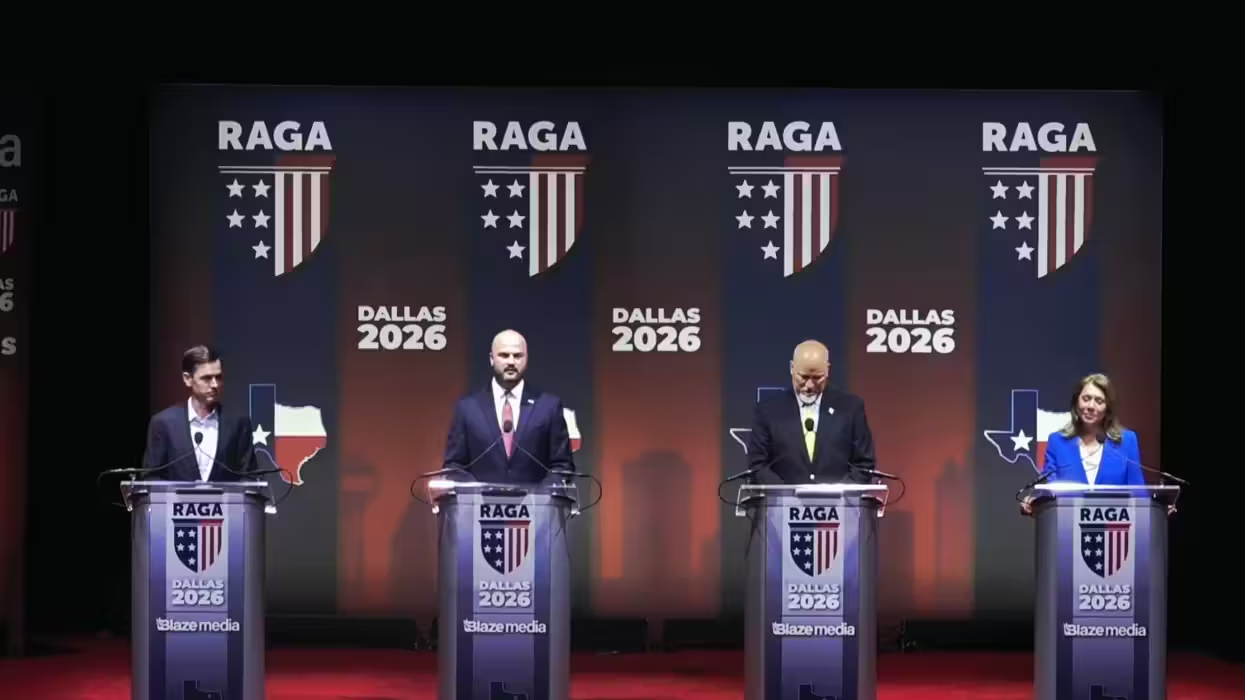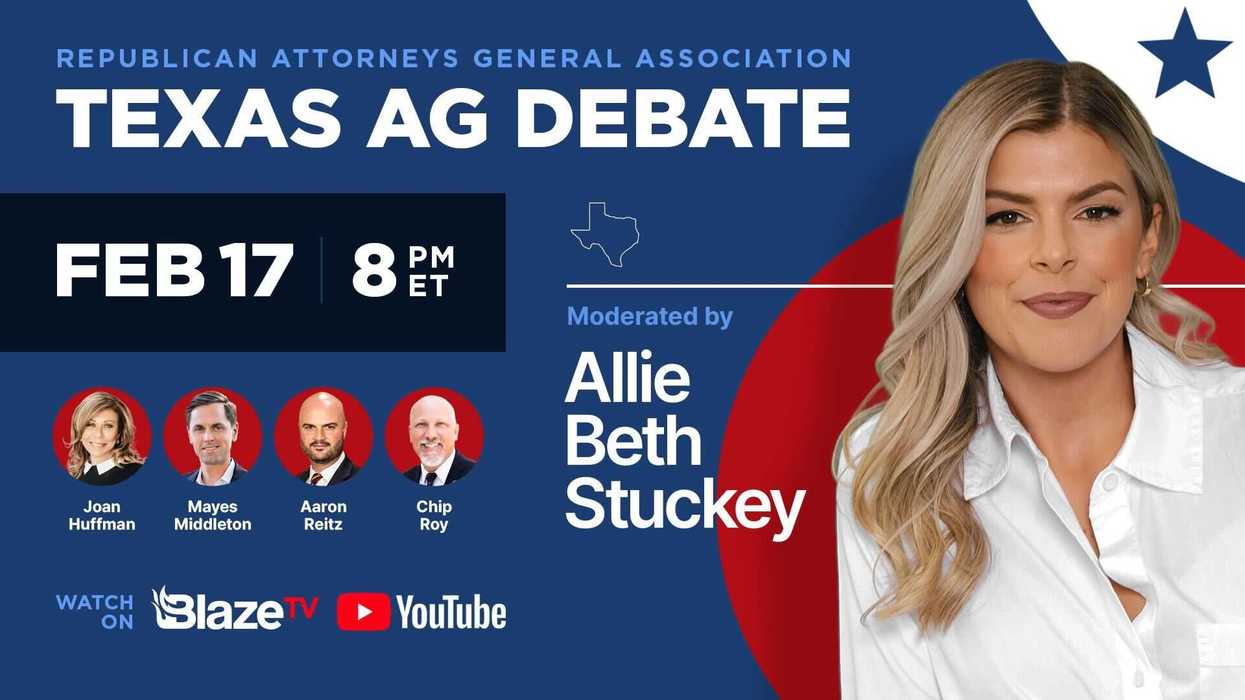
© 2026 Blaze Media LLC. All rights reserved.
Attorney General Eric Holder Reveals He Recused Himself From AP Phone Record Investigation
May 14, 2013
 U.S. Attorney General Eric Holder speaks during a Justice Department�s Law Day event May 1, 2013 at the Justice Department in Washington, DC. Law Day was observed at the Justice Department to celebrate the legal system and the freedoms Americans enjoy. (Photo: Alex Wong/Getty Images)
U.S. Attorney General Eric Holder speaks during a Justice Department�s Law Day event May 1, 2013 at the Justice Department in Washington, DC. Law Day was observed at the Justice Department to celebrate the legal system and the freedoms Americans enjoy. (Photo: Alex Wong/Getty Images)
When the floor was opened for questions at a press conference Tuesday, originally about Medicare fraud, reporters focused questions to U.S. Attorney General Eric Holder on the recent revelation of the Department of Justice's investigation that secretly obtained phone records of Associated Press reporters.
As TheBlaze reported from the DOJ’s U.S. Attorneys’ Manual, the "Attorney General’s authorization is normally required before the issuance of any subpoena to a member of the news media or for the telephone toll records of a member of the news media."
Ahead of the press conference, which was scheduled to begin at 1 p.m. ET but was pushed back until 1:30 p.m., it was reported that Holder recused himself of the investigation, meaning he removed himself from the case due to a conflict of interest.
When Holder took to the microphone again after announcements regarding Medicare fraud, the first questions launched from reporters were regarding the DOJ's obtaining of phone records of up to 20 AP reporters and editors over a span of two months.
Holder confirmed that early in the investigation that he recused himself out of an "abundance of caution" to avoid the appearance of a conflict of interest because of congressional testimony he had given and his dealings with the news media.
Holder placed the authorization of the subpoena to disclose the phone records on the deputy attorney general who was supervising the investigation.
"I don't know all that went into the formulation of the subpoena," Holder said. But he noted it was a "very serious leak" that prompted the investigation. He said he knew what was compromised in the leak, which gives him the ability to categorize it as one of the most serious or at least within the top three.
"It put the American people at risk," Holder said of the leak.
Watch this clip from the conference where Holder says he can't say how the leak put American's lives at risk:
One reporter heatedly said the revelation of the secretly obtained phone records "leaves us wondering policy-wise if this administration will go after us."
Holder emphasized that going after the press is not the intent of the administration and that he is sure all legal requirements have been met throughout the investigation.
"This administration has put a real value on the rule of law and our values of Americans. I think the actions we have taken are consistent with both," Holder said, addressing the administration's actions in a variety of divisions.
Watch Holder's response in this clip regarding the Administration's civil liberties record:
Holder also noted that a letter from Deputy Attorney General James Cole would be forthcoming in response to the Associated Press' letter of protest issued Monday.
Holder was also questioned about the scandal regarding the IRS targeting conservative groups. He said he has ordered an investigation to see if there were any criminal violations.
Republican National Committee Chairman Reince Priebus earlier Tuesday called for Holder resign, saying he has "trampled on the First Amendment" by allowing the Justice Department to issue secret subpoenas to "spy" on The AP.
At the same time, the American Society of News Editors called the actions "outrageous" and "appalling."
In a letter of protest sent to Holder on Monday, AP President and Chief Executive Officer Gary Pruitt said the government sought and obtained information far beyond anything that could be justified by any specific investigation. He demanded the return of the phone records and destruction of all copies.
"There can be no possible justification for such an overbroad collection of the telephone communications of The Associated Press and its reporters. These records potentially reveal communications with confidential sources across all of the newsgathering activities undertaken by the AP during a two-month period, provide a road map to AP's newsgathering operations and disclose information about AP's activities and operations that the government has no conceivable right to know," Pruitt said.
The Associated Press contributed to this report. This story has been updated for clarification
Want to leave a tip?
We answer to you. Help keep our content free of advertisers and big tech censorship by leaving a tip today.
Want to join the conversation?
Already a subscriber?
more stories
Sign up for the Blaze newsletter
By signing up, you agree to our Privacy Policy and Terms of Use, and agree to receive content that may sometimes include advertisements. You may opt out at any time.
Related Content
© 2026 Blaze Media LLC. All rights reserved.
Get the stories that matter most delivered directly to your inbox.
By signing up, you agree to our Privacy Policy and Terms of Use, and agree to receive content that may sometimes include advertisements. You may opt out at any time.






